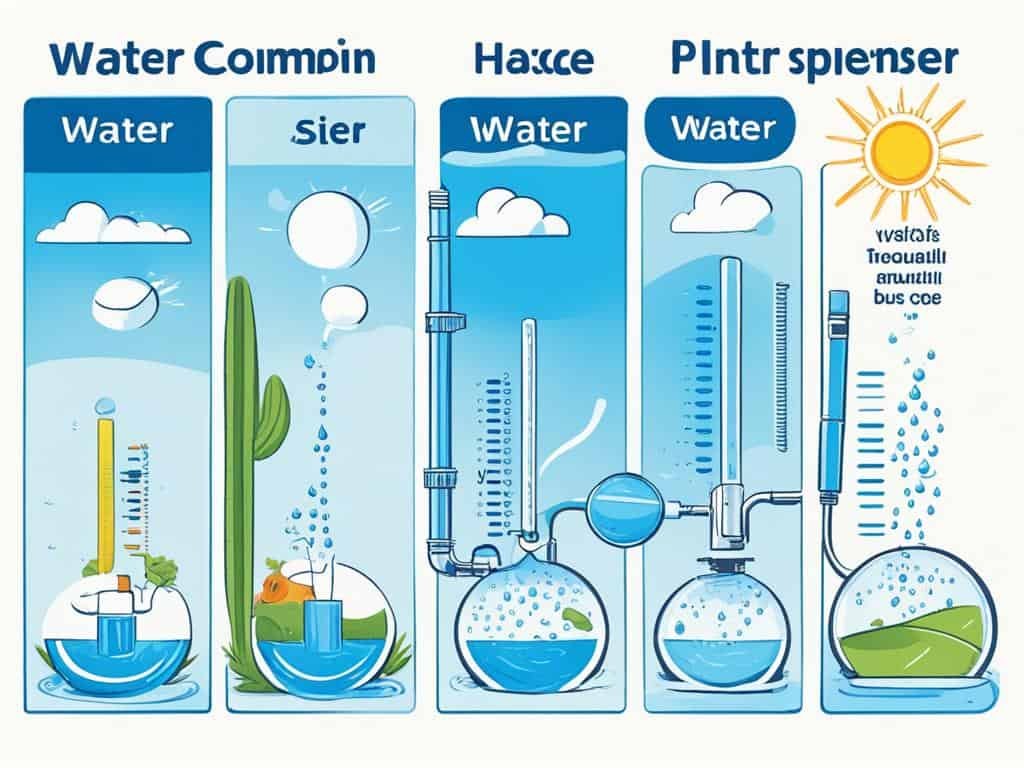The Ultimate Guide to Choosing the Right Solar Water Heater for Your Home

As energy costs continue to rise and the world shifts towards sustainability, solar energy has emerged as a top solution for homeowners looking to reduce their environmental footprint and save on utility bills. One of the most popular and practical ways to harness solar energy is through a solar water heater. If you’re considering switching to solar energy, choosing the right solar water heater is essential. In this guide, we’ll walk you through the key factors to consider when selecting a solar water heater that fits your needs and home.
Why Choose a Solar Water Heater?
Solar water heaters are an eco-friendly and cost-effective way to heat water using renewable energy from the sun. By utilizing solar energy, you reduce your reliance on fossil fuels, decrease your carbon footprint, and significantly cut down on your monthly energy bills. In a country like India, where sunlight is abundant, a solar water heater is an investment that pays off in the long run.
1. Types of Solar Water Heaters
When selecting a solar water heater, the first step is to understand the different types available:
- Flat Plate Collector Systems: These are the most common solar water heaters. They consist of a flat collector panel that absorbs sunlight and transfers it to a heat exchanger. The heated water is then stored in an insulated tank. Flat plate collectors are suitable for regions with moderate to high sunlight and are known for their durability.
- Evacuated Tube Collector Systems: These systems use a series of glass tubes, each containing a vacuum, to trap and convert sunlight into heat. Evacuated tube collectors are more efficient in colder climates and are ideal for areas with variable weather. They also provide better performance during cloudy days compared to flat plate collectors.
- Integrated Collector Storage (ICS) Systems: An ICS system combines the storage tank and collector in one unit, making it a simpler and more compact option. However, these are typically suitable for smaller households due to their limited capacity.
2. Size and Capacity
The size of the solar water heater is crucial in determining how much hot water it can provide to your home. When selecting a system, consider the number of people in your household, as well as your average daily hot water usage. For instance:
- 1-2 people: A small 100-150 litre system should suffice.
- 3-4 people: Opt for a system with a capacity of 150-200 litres.
- 5+ people: Larger systems, typically 200-300 litres, will be required.
Make sure to choose a system that provides enough hot water for your daily needs. It’s always better to opt for a slightly larger system to ensure you don’t run out of hot water during peak usage times.
3. Climate and Location
The efficiency of a solar water heater is heavily influenced by your location’s climate. In sunny areas, a flat plate collector might be all you need, but if you live in a region that experiences colder temperatures or more cloud cover, an evacuated tube system would be more efficient.
Solar water heaters can still function during cloudy weather, but their performance will depend on how much sunlight is available. Therefore, choose a system that aligns with the weather patterns in your area to maximize energy production.

4. Budget and Installation Costs
When it comes to solar water heaters, the initial investment can vary depending on the type, capacity, and brand. While flat plate systems are generally more affordable, evacuated tube systems tend to have a higher upfront cost but offer better efficiency and durability over time.
Installation costs are also a factor to consider. The complexity of the installation depends on your roof type, the system’s size, and any additional requirements like mounting hardware or plumbing modifications. It’s essential to work with a professional installer who can ensure that the system is set up properly for optimal performance.
5. Quality and Warranty
Always choose a solar water heater from a reputable manufacturer that offers high-quality materials and a solid warranty. A good warranty ensures that you are covered in case of any defects or malfunctions. Look for systems that come with at least 5-10 years of warranty on the collector and storage tank, as well as any other major components.
6. Maintenance and Lifespan
Solar water heaters require minimal maintenance, but regular checks and cleaning are essential to keep them running efficiently. Flat plate systems generally have a longer lifespan and require less maintenance, while evacuated tube systems may need occasional repairs or replacements of tubes.
Make sure to choose a system that offers ease of maintenance and long-lasting durability, which will help ensure that your investment lasts for years.
Conclusion
Choosing the right solar water heater for your home requires careful consideration of factors like the type of system, size, climate, budget, and long-term maintenance. A solar water heater is a smart investment for both your wallet and the environment, providing long-term savings on energy bills while reducing your carbon footprint.
At Superior Solar, we offer a range of high-quality solar water heaters to suit various needs and budgets. With expert guidance and professional installation, we ensure that you get the most efficient and reliable system for your home. Don’t wait—switch to solar and enjoy the benefits of clean, renewable energy today!
Contact us today to learn more about the best solar water heater options for your home and start your journey towards sustainable living.

